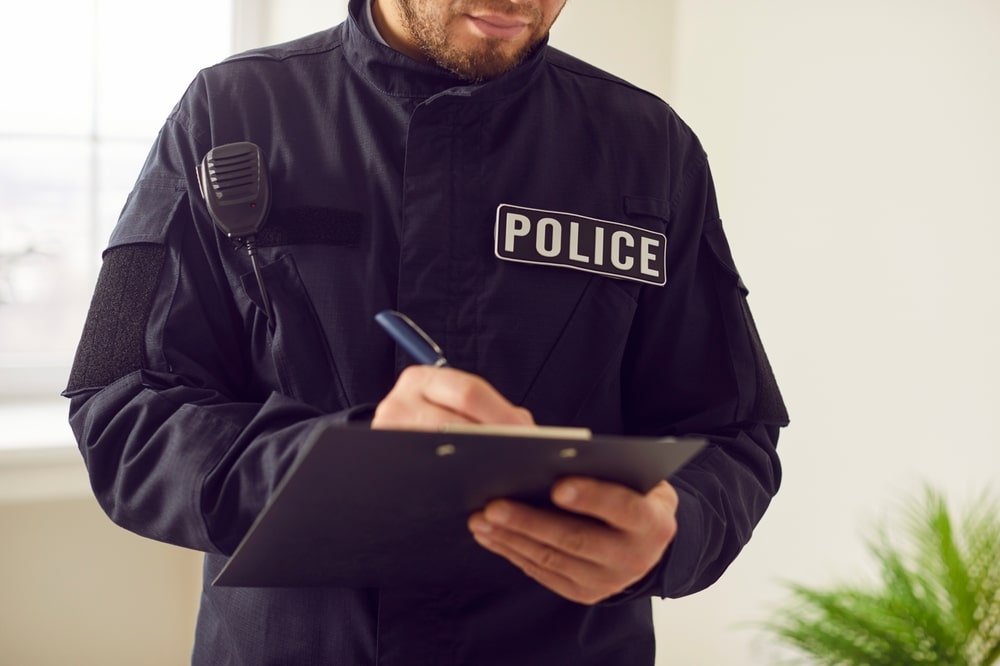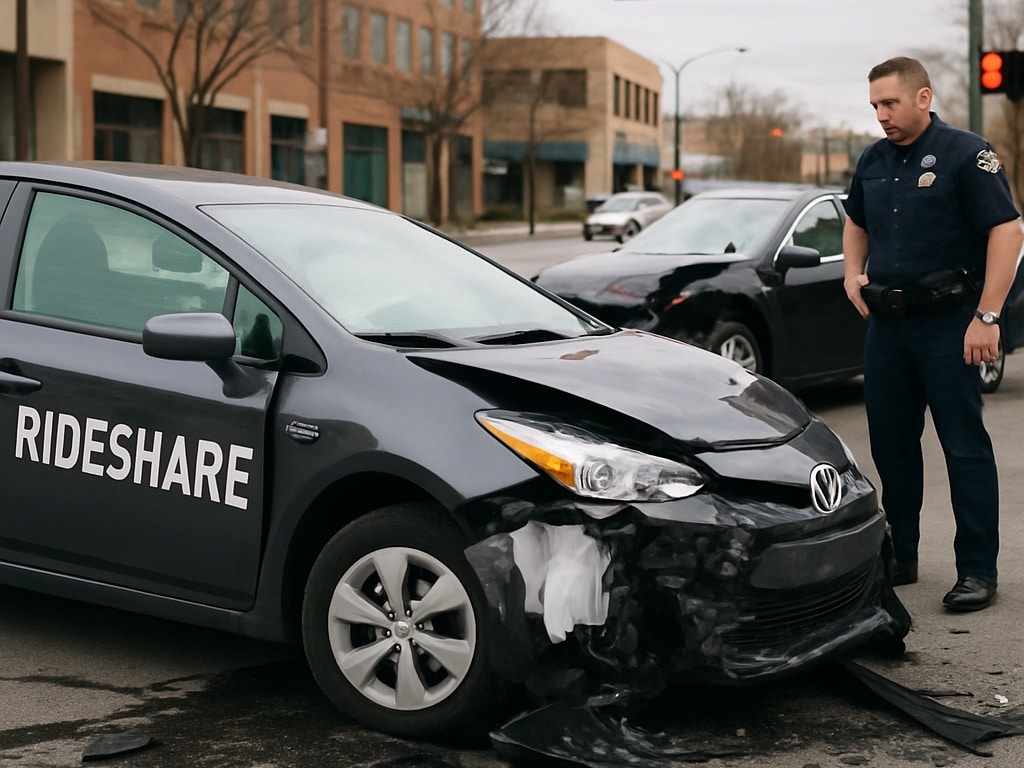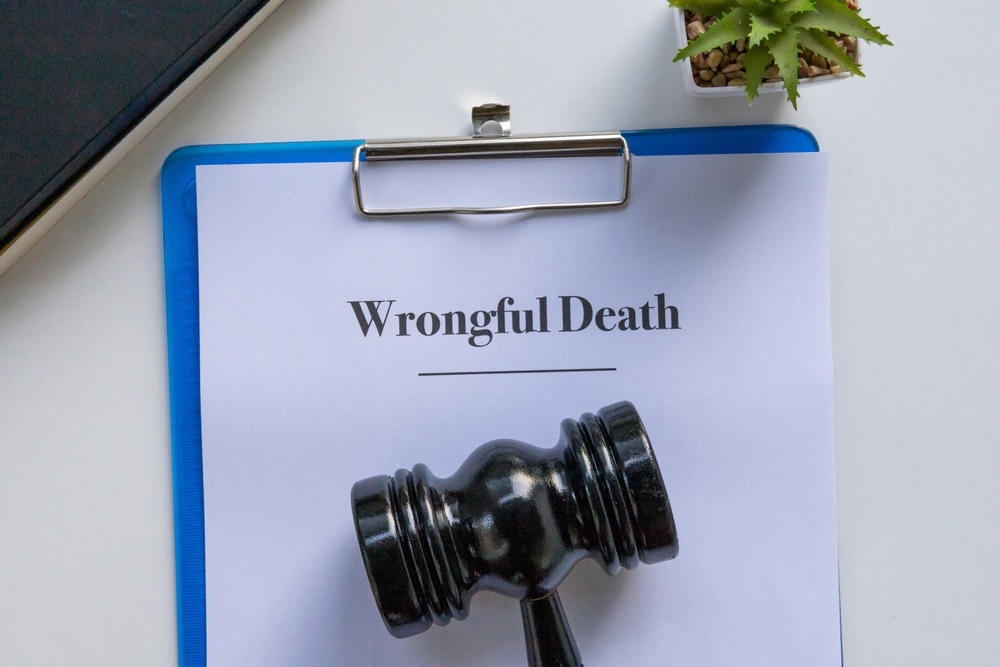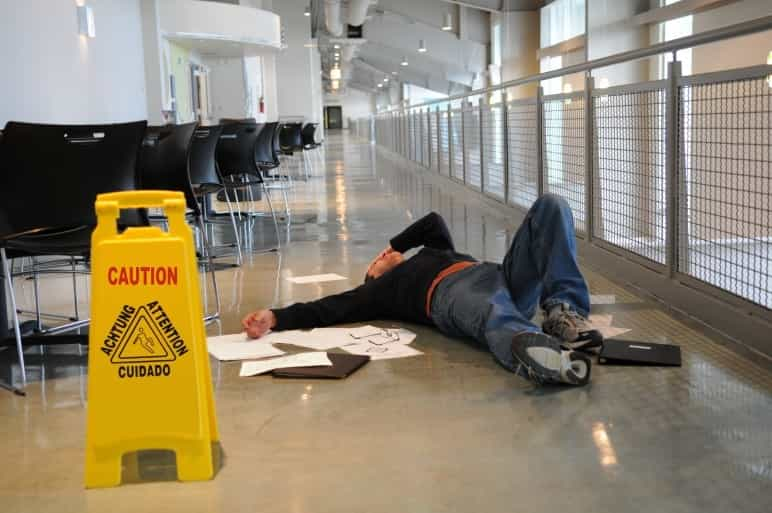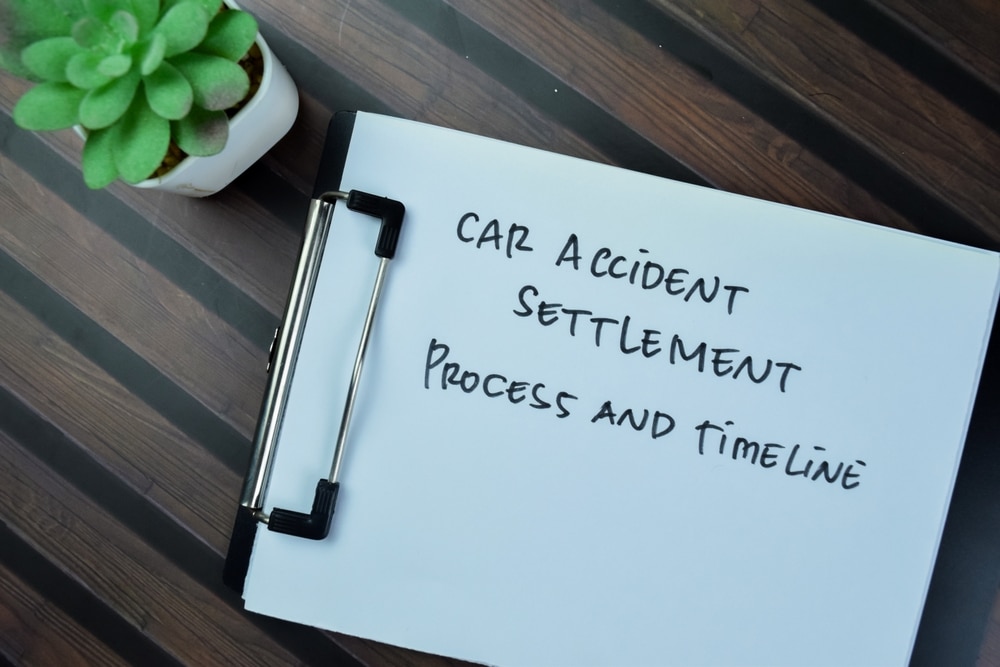Living and working in Schaumburg, I know firsthand how challenging Illinois winters can be for drivers. Snow, ice, freezing rain, and high winds all combine to make our roads dangerous. From the busy intersections along Golf Road to the I-90 corridor connecting Schaumburg with Arlington Heights, Des Plaines, and Elk Grove Village, winter weather makes every trip riskier. As an accident in jury attorney, I’ve seen how quickly a routine drive can turn into a devastating accident when drivers underestimate the hazards. That’s why I want to share important safe driving information on how winter conditions impact driving and what you can do to protect yourself and your loved ones.
Winter in Illinois brings more than inconvenience. It increases stopping distances, reduces visibility, and creates unpredictable hazards. A patch of black ice on Higgins Road or a snow-covered side street in Mount Prospect can lead to chain-reaction crashes in an instant. Even cautious drivers face risks when others fail to slow down, leave enough space, or properly maintain their vehicles. I encourage every client and member of our community to take preventive steps seriously. Protecting yourself on the road not only helps keep you safe but also reduces the chances of catastrophic injuries and wrongful death cases that far too often occur on our roads during the coldest months.
Common Winter Driving Hazards In Illinois
Some of the most common hazards Illinois drivers face include black ice, drifting snow, limited visibility, and freezing rain. Black ice is especially dangerous because it is nearly invisible, often forming on bridges, overpasses, and shaded stretches of road. Snow and slush reduce tire traction and can hide obstacles or lane markings. Freezing rain coats everything in a slick glaze that makes it nearly impossible to stop quickly.
In Schaumburg and surrounding suburbs like Palatine and Rolling Meadows, heavy traffic only amplifies these hazards. A minor mistake by one driver can cause a chain reaction involving multiple vehicles. Truck accidents are also more likely in winter, as large commercial vehicles require much longer stopping distances and are more prone to jackknifing on icy highways.
How To Stay Safe On Illinois Roads During Winter
The key to safe winter driving is preparation and patience. Before heading out, always clear all snow and ice from your windshield, mirrors, headlights, and taillights. Driving with reduced visibility is one of the leading causes of winter accidents. Keeping your tires properly inflated and ensuring they have adequate tread depth is also crucial. Winter tires provide better traction, especially in snow-packed or icy conditions.
On the road, reduce your speed and increase your following distance. A good rule is to double or triple the space you normally leave between your vehicle and the car in front of you. Brake gently to avoid skidding, and if your car begins to slide, steer in the direction of the skid until you regain control. Above all, allow yourself extra time to reach your destination. Rushing in winter conditions can cost lives.
The Consequences Of Winter Accidents
Despite precautions, winter crashes continue to cause severe injuries and fatalities every year in Illinois. Victims may suffer broken bones, spinal cord injuries, traumatic brain injuries, or worse. Families in Schaumburg, Buffalo Grove, and beyond are often left dealing with mounting medical bills, loss of income, and unimaginable grief when a loved one is lost.
As an attorney, I’ve seen the devastation these cases bring. At SJ Injury Law, our role is to hold negligent drivers accountable and secure financial compensation that allows families to recover. While we can’t undo the harm caused, we can help victims and their families access medical care, lost wages, and the justice they deserve.
FAQs About Winter Driving Hazards In Illinois
Why Is Black Ice So Dangerous For Drivers?
Black ice is nearly invisible and often looks like wet pavement. Drivers may not realize they are driving on it until they lose control of their vehicle. Because it forms in thin layers, even small amounts can make it nearly impossible to stop or steer safely. This is why slowing down and driving cautiously on cold mornings or near bridges is so critical.
Do Snow Tires Really Make A Difference In Illinois?
Yes, snow tires are designed with deeper tread patterns and rubber compounds that remain flexible in cold temperatures. This provides better grip on snow and ice compared to all-season tires. For drivers in Schaumburg and surrounding suburbs who commute daily, investing in snow tires can significantly improve safety.
What Should I Do If My Car Starts Sliding On Ice?
If your car begins to slide, remain calm. Take your foot off the accelerator and steer gently in the direction you want the car to go. Avoid slamming on the brakes, as this can make the skid worse. Once the tires regain traction, slowly return to your intended lane of travel. Practicing defensive driving techniques before an emergency can help you react correctly under stress.
Are Winter Car Accidents Treated Differently Under Illinois Law?
No, winter conditions do not excuse negligent driving. Drivers are still required to operate their vehicles safely, regardless of the weather. If a driver fails to adjust speed, maintain distance, or properly prepare their vehicle, they may be held liable for any accidents that result. Illinois courts expect drivers to take conditions into account when determining fault.
What Legal Options Do I Have After A Winter Accident?
If you are injured due to another driver’s negligence during winter conditions, you may be entitled to compensation for medical expenses, lost wages, pain and suffering, and property damage. An attorney can review your case, gather evidence, and pursue a claim on your behalf. At SJ Injury Law, we work on a contingency fee basis, meaning you pay nothing unless we win your case.
How Can I Protect My Rights Immediately After A Winter Crash?
First, seek medical attention right away, even if you think your injuries are minor. Some conditions, such as whiplash or concussions, may not show symptoms immediately. Second, if possible, take photos of the accident scene, vehicle damage, and road conditions. Exchange information with other drivers and obtain witness statements if available. Finally, contact an attorney as soon as possible to ensure your rights are protected.
Protect Your Rights After A Winter Accident With SJ Injury Law
Winter driving in Illinois presents serious risks, but drivers have a responsibility to adjust to the conditions. When they fail to do so, the consequences can be life-changing. At SJ Injury Law, we bring over 50 years of combined experience to help victims and their families secure justice. Our attorneys know the challenges of handling insurance companies and negligent drivers, and we are committed to making sure you are fully compensated for your losses.
If you or a loved one has been injured in a winter accident in Schaumburg, Arlington Heights, Palatine, Rolling Meadows, or anywhere in Illinois, contact our Schaumburg car crash attorney at SJ INJURY LAW by calling (847) 434-3555 to receive your free consultation. We proudly serve Schaumburg, Chicago, and communities across Illinois, and we offer home, hospital, and virtual visits for your convenience. Let us help you Claim Your Justice® today.



